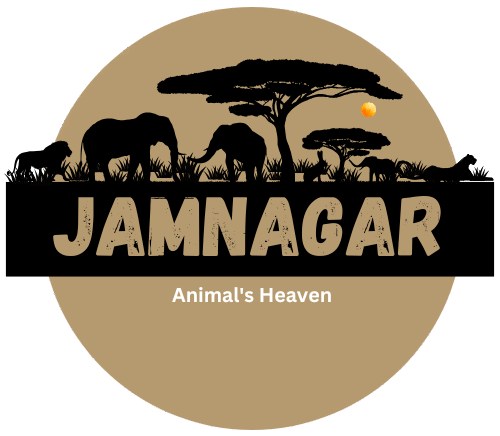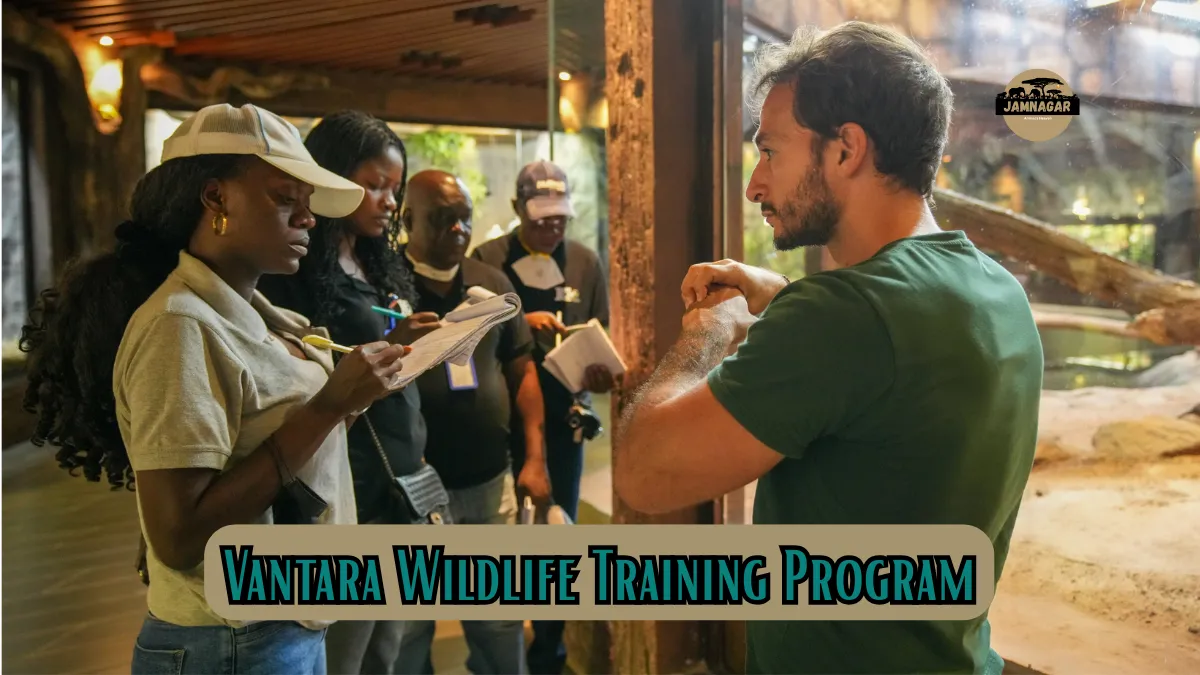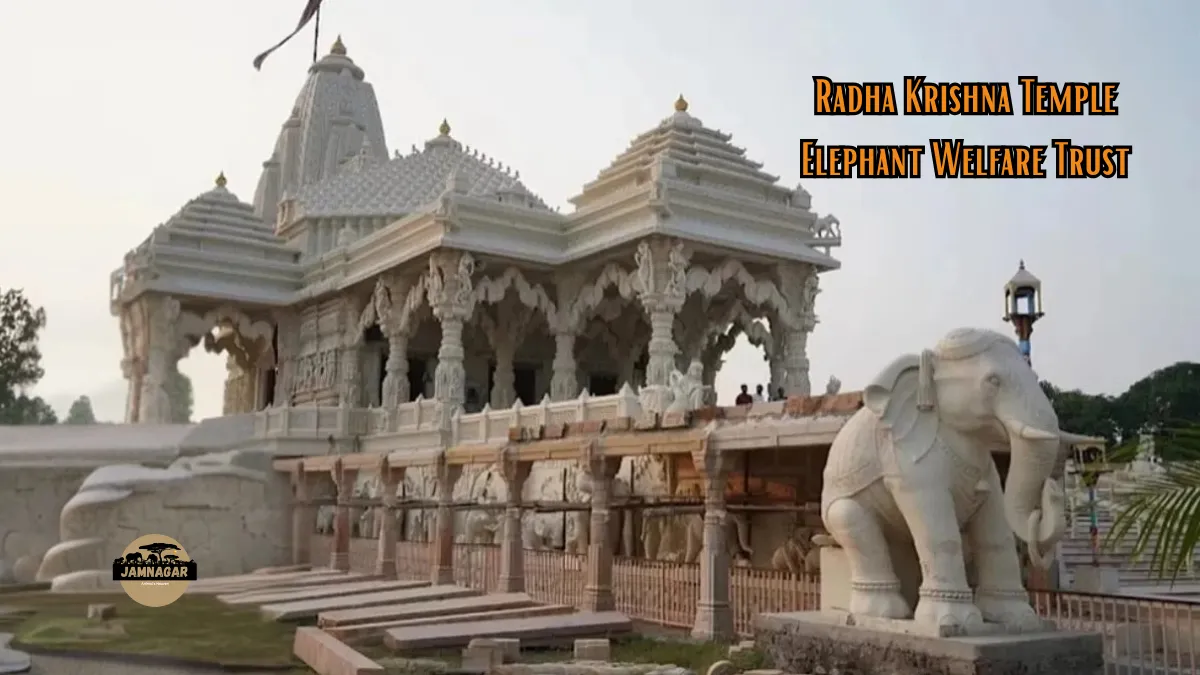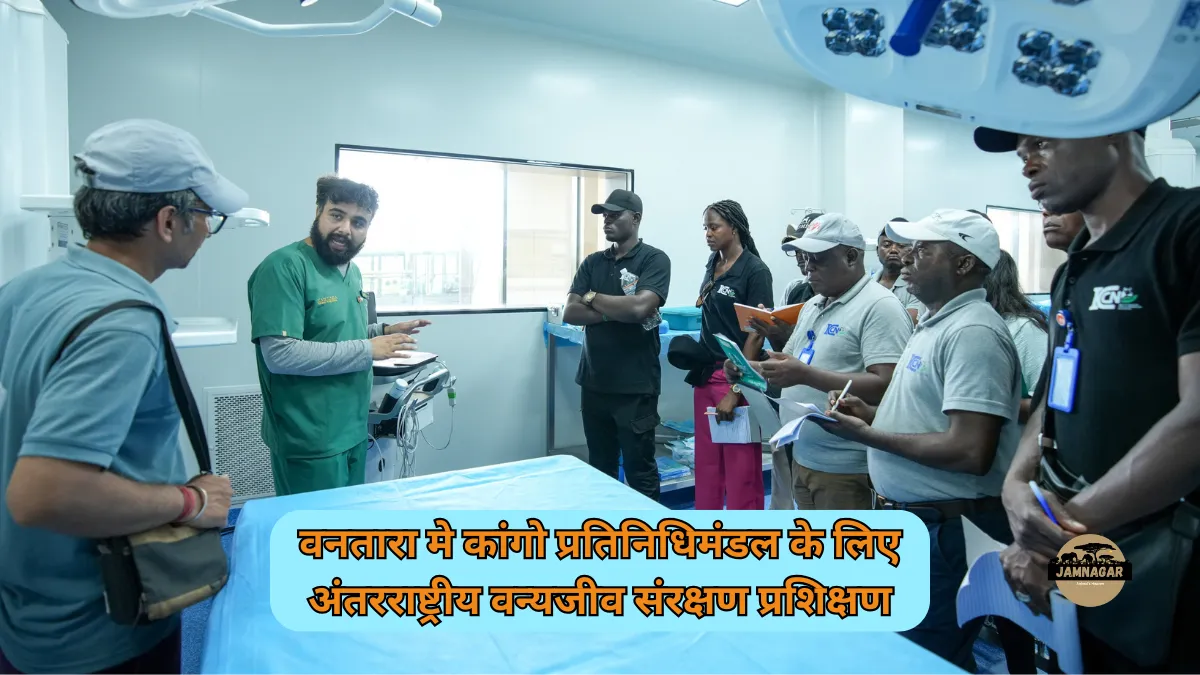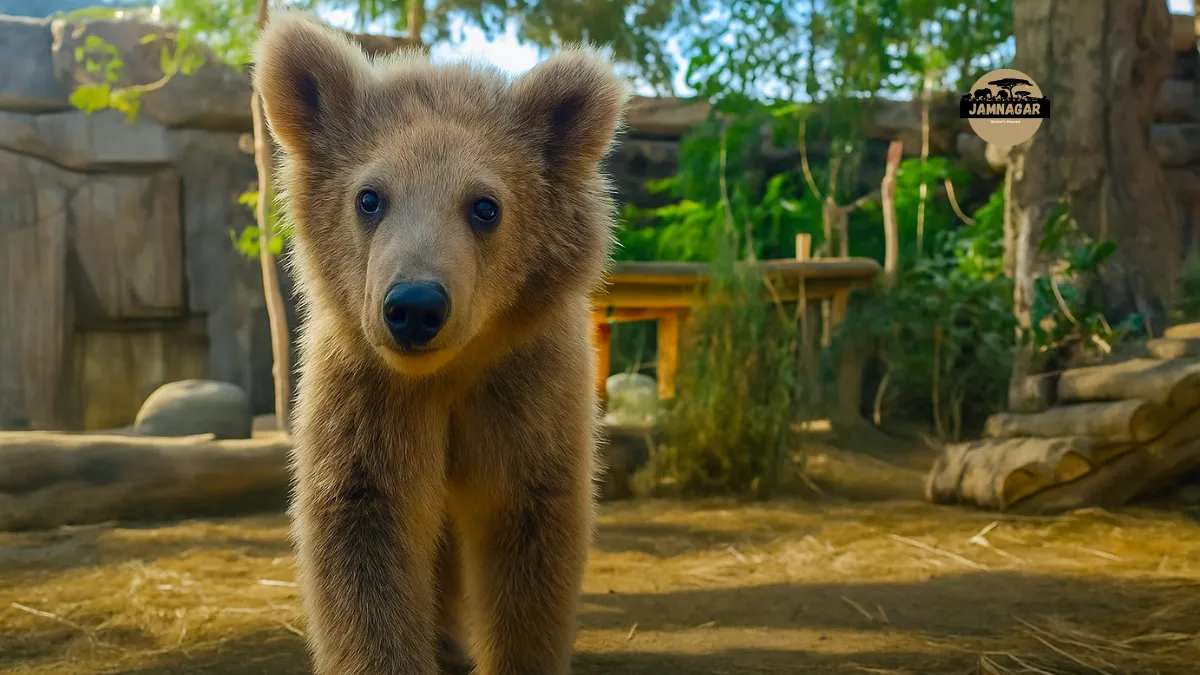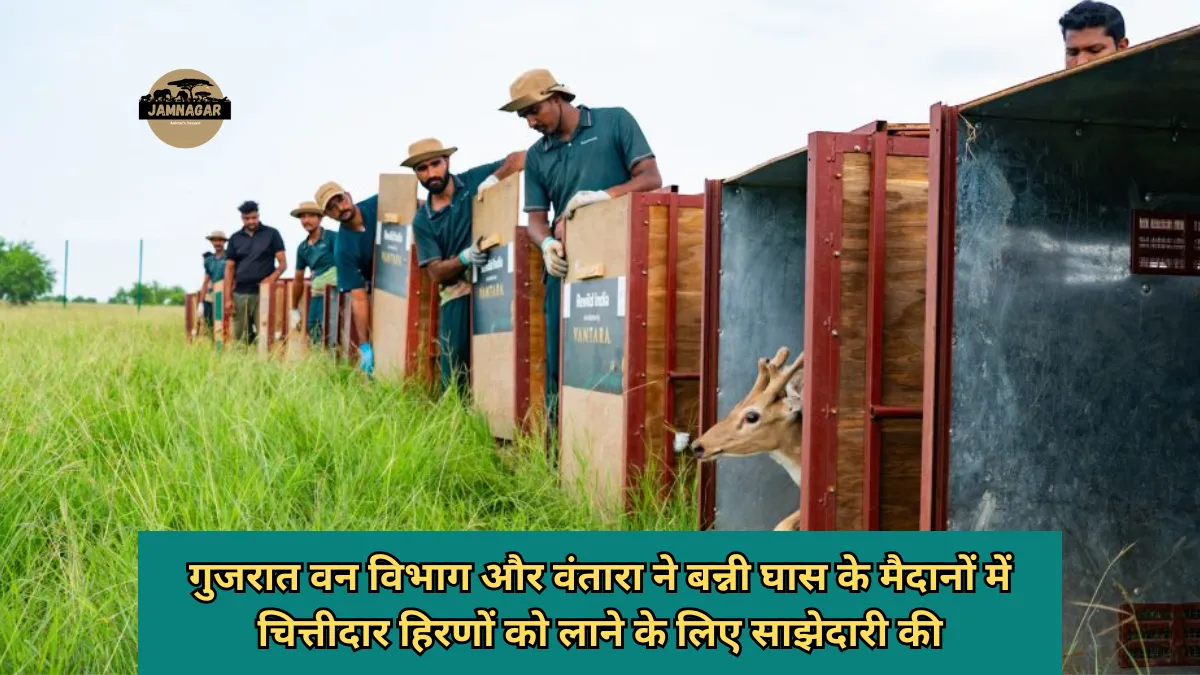Vantara Wildlife Training Program is currently playing a vital role in global conservation by hosting a specialized training initiative for a group of international wildlife professionals. As part of its mission to promote animal welfare and habitat protection worldwide, Vantara, a pioneering wildlife conservation project founded by Anant Ambani, has welcomed a 15-member delegation from the Institut Congolais pour la Conservation de la Nature (ICCN) – the primary authority managing protected areas in the Democratic Republic of Congo (DRC).
This collaborative effort highlights Vantara’s growing global reputation as a hub for advanced wildlife care training and conservation practices. The visiting team includes veterinarians, biologists, and technical staff from the Kinshasa Zoological Garden, which is located in the Gombe commune of Kinshasa. They are participating in a three-month international training program focused on wildlife care and building safer, more naturalistic habitats for animals under human care.
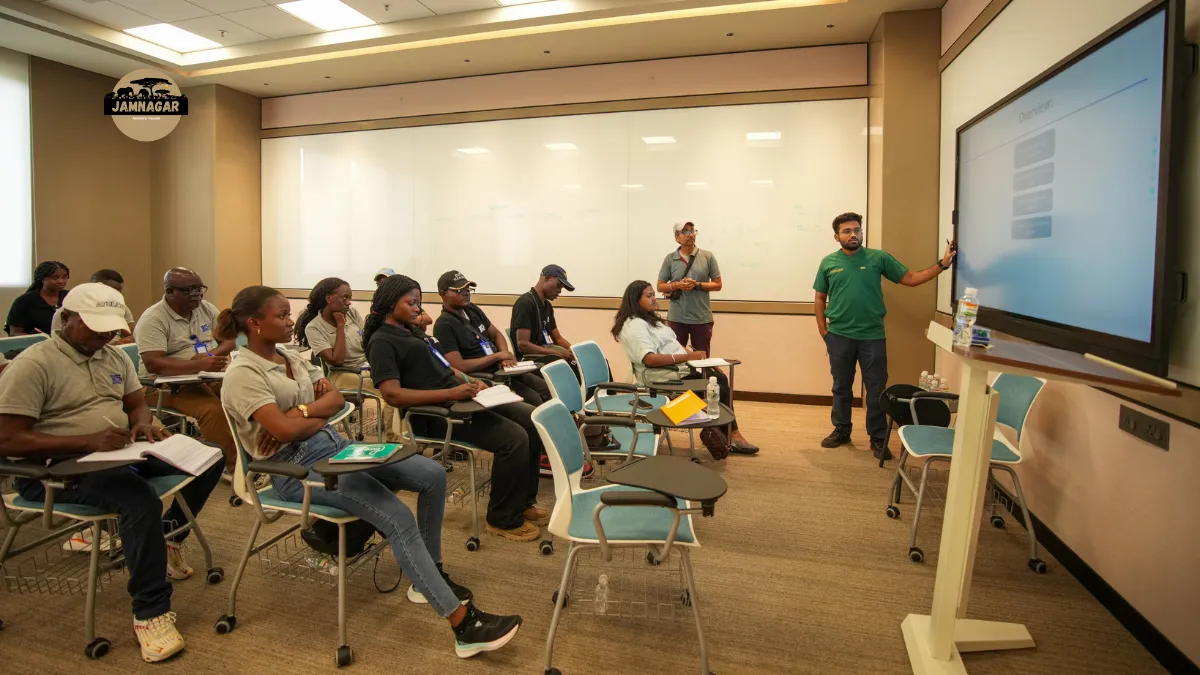
Customized Training to Support Congo’s Conservation Needs
According to Vantara’s official press release, the training program has been specially designed to meet the needs of the Kinshasa Zoo. The focus is on animals currently in their care, such as primates, birds, and reptiles. This tailored approach ensures that the learning is highly practical and relevant, allowing participants to immediately apply their knowledge for improving animal welfare in both the zoo and other protected areas across the DRC.
Over the first seven weeks, the participants have completed basic modules in animal husbandry, including nutrition, paddock design and maintenance, and enrichment techniques aimed at improving animal well-being. The program blends classroom sessions with hands-on field training, giving participants a real-world understanding of wildlife management.
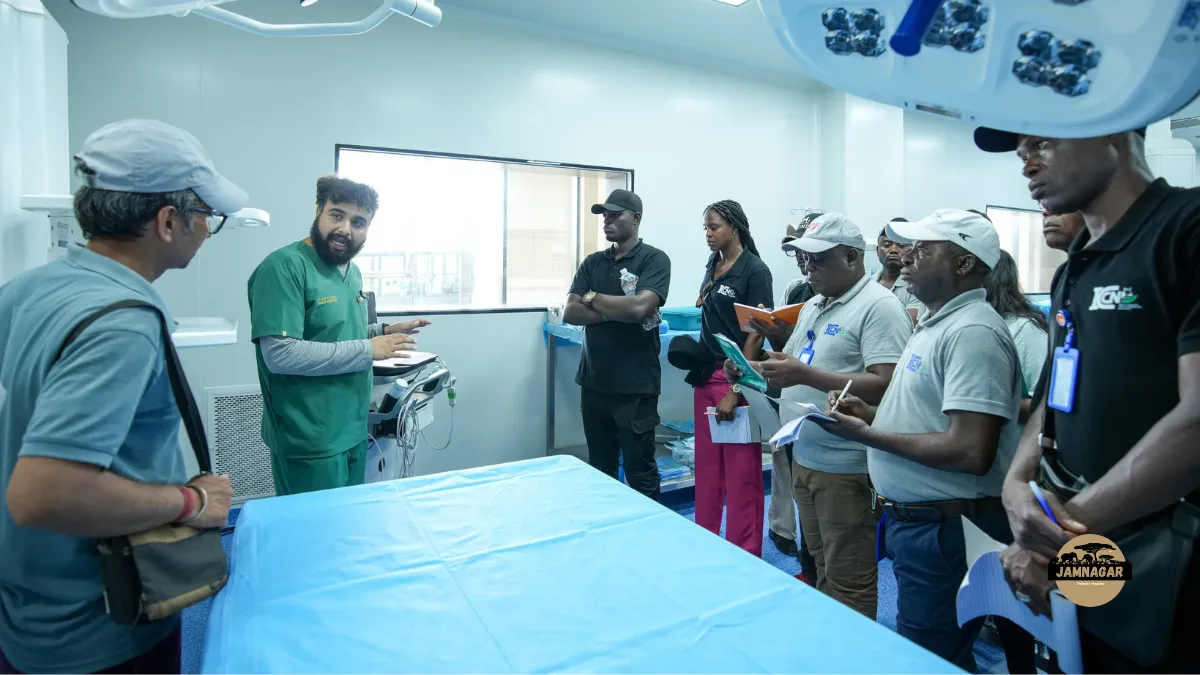
Language-Sensitive Learning Approach
Recognizing that many of the delegates primarily speak French, Vantara has taken extra steps to make the sessions accessible and impactful. The training is conducted at a measured and patient pace, and includes the use of translators, visual aids, and live demonstrations. This multi-modal teaching strategy ensures that every concept is clearly understood, regardless of language barriers, allowing for effective learning and confidence-building among all participants.
Specialised Role-Based Training Modules
As the program progressed into July, the curriculum shifted into role-specific training, catering to the distinct responsibilities of veterinarians, biologists, and support staff.
- Veterinarians are receiving deep training in anatomy, physiology, clinical examinations, diagnostics, preventive care, surgical techniques, treatment methods, and emergency protocols.
- Biologists are learning about species-specific diets, behavioural observation, enclosure planning, and designing enrichment activities tailored to the animals’ mental and physical needs.
- Non-technical staff are being trained in education and outreach, enclosure maintenance, hygiene practices, feed handling, and basic safety protocols necessary for working in animal care environments.
This approach ensures that every participant, regardless of their technical background, returns with practical skills they can use to enhance animal care standards in their respective roles.
A Message of Global Collaboration in Conservation
Speaking about the significance of the initiative, Dr. Brij Kishor Gupta, Director of the Greens Zoological Rescue and Rehabilitation Centre at Vantara, said:
“At Vantara, we believe that real conservation has no borders. Inclusivity and knowledge-sharing are at the heart of our mission. We are honoured to host the ICCN delegation and help support their commitment to improve wildlife management and animal care back in the Democratic Republic of Congo. The Congo Basin is one of the most critical ecological zones on the planet, and we are proud to be part of its conservation journey.”
The ICCN team has shown a high level of engagement, enthusiasm, and participation throughout the training program, which reflects the growing importance of international partnerships in tackling global conservation challenges.
Also read: Is Vantara Open to the Public? Everything You Need to Know About Visiting This Wildlife Sanctuary
Upcoming Events to Expand Conservation Dialogue
Looking ahead, Vantara is preparing to host a series of major national-level conservation events to further its commitment to wildlife welfare and ecosystem preservation. These include:
- National Elephant Mahout Meet – scheduled for later this month
- National Wildlife Veterinary Training Program – to be held in August
- National Zoo Directors’ Conference – planned for October
These upcoming gatherings will bring together wildlife experts, veterinary professionals, policymakers, and zoo authorities from across India and beyond. The objective is to promote collaboration, knowledge exchange, and the development of best practices in wildlife rescue, rehabilitation, and long-term care.
Also read: Bombay High Court Upholds Transfer of Elephant Mahadevi to Vantara for Rehabilitation
Conclusion: Vantara Wildlife Training Program
The Vantara Wildlife Training Program for Congolese delegates stands as a shining example of how international cooperation and specialised training can directly impact the quality of wildlife care across borders. By sharing expertise and empowering professionals from the Democratic Republic of Congo, Vantara is not only advancing animal welfare but also fostering a global community committed to protecting our planet’s most vulnerable species. Through its inclusive and knowledge-driven approach, Vantara is setting new standards in wildlife conservation, one partnership at a time.
